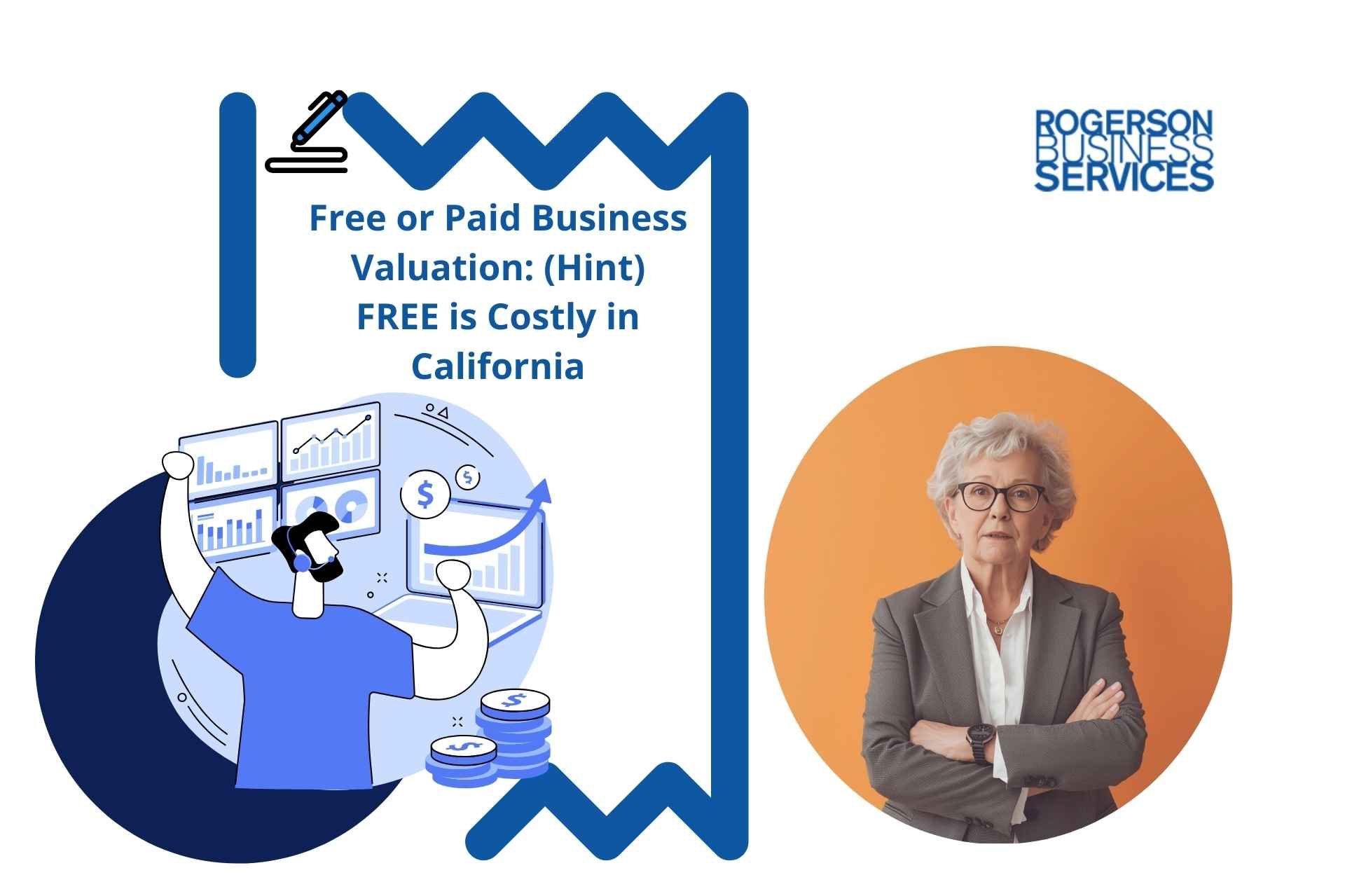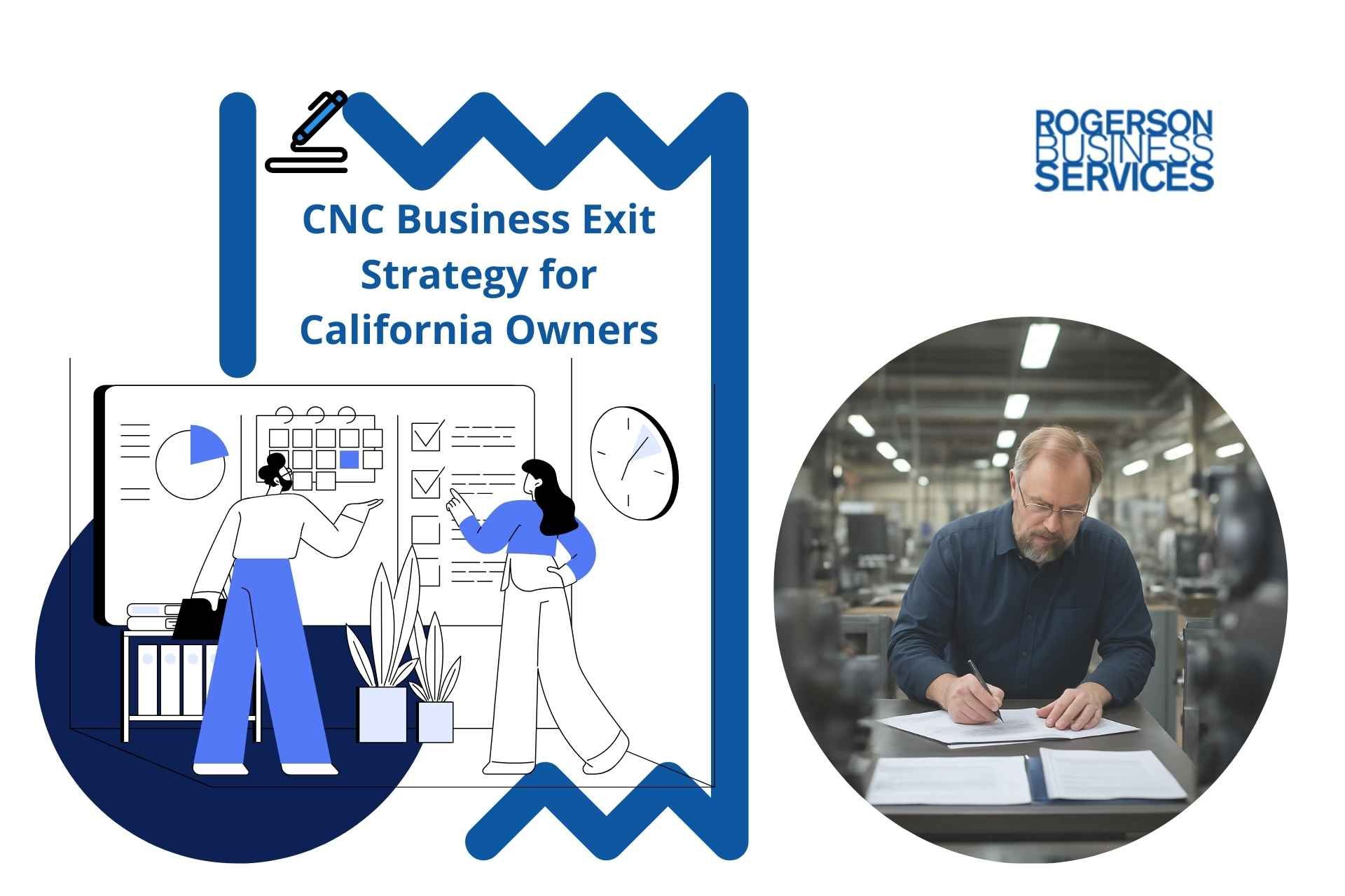Definitive Purchase Agreement, What is it?
Clear Explanation on What is a Definitive Agreement

Definitive Agreement may appear to be a simple process, but to seasoned M&A Advisors like Andrew Rogerson in California, these transactions have a multitude of issues that must be resolved. This includes things like the type of transfer that best fits the situation; the circumstances that are dictating the transfer; if the business will be moved; and whether the land on which the business is operated will be purchased or leased. With these factors in mind, there are three types of Definitive Purchase Agreements, and the one that’s best depends on the circumstances of a particular transfer.
Types of Definitive Agreements
Asset Purchases
This type of agreement allows for buyers to not have to buy the seller’s liabilities when acquiring the business. Asset transfers are the most common way lower middle market businesses in California are bought and sold because the buyer can select which liabilities he or she wants to assume. In this situation, the buyer usually forms a new entity that enters into an agreement to buy “substantially all of the assets” of the entity that owns the business being purchased.
However, forming a corporation alone won’t totally limit liability to an acquired business. Some liabilities can be avoided only if certain steps are taken. For example, in California, to avoid employment, sales, and franchise taxes the buyer must obtain tax clearance certificates or releases. This step will protect a buyer from litigation over a seller’s unsecured creditor claims. And secured creditor claims that would otherwise become the buyer’s responsibility after the sale can be terminated before closing with the agreement of the secured party by filing UCC termination statements.
For other liabilities, the buyer needs to be clear that there’s no implied assumption. With proper planning, an asset purchase agreement can be leveraged to avoid successor liability.
Stock Transfers
One alternative to an asset purchase is a stock transfer where the buyer purchases stock but doesn’t acquire successor liability; however, the purchaser does acquire the entity which retains all its liabilities.
While the buyer may want to buy assets, a seller may insist on a stock transfer, and while sellers frequently will sell assets, sometimes the cost of selling them can be too high. But a stock transfer will shift only the capital stock of the business. The company keeps operating without itself changing hands. The seller won’t have to pay off the liabilities because it’s not winding down.
From the buyer’s perspective, the good thing about this type of agreement is the purchase price… it’s lower. That reduces the need for an immediate cash outlay, and liability can many times be reduced or eliminated over time.
Sometimes, the parties will agreed to transfer only a percentage of the business. This occurs when cash is needed or when an employee or the owner’s children are going to buy into the business.
A buyer typically pays more for assets than for stock because the seller retains the company liabilities.
Owner’s Agreement
An owner’s agreement is always a good idea as part of a partial transfer. This type of agreement protects a buyer and seller from the result of being partners with an ex-spouse who acquires an interest in the business in a divorce, a creditor who forecloses on an interest in the business, or an heir who inherits an interest in the company. It can untangle messy business situations.
But an asset purchase agreement without terms stating that the buyer isn’t assuming any obligations of the seller—except those specifically stated in the definitive purchase agreement—can expose the buyer to unnecessary liability. Further, a buyer who fails to act consistently with the statement that he or she isn’t assuming liabilities can mean successor liability in an asset transfer.
Successor liability can occur when the buyer acts like the successor of the seller’s business.
One mistake that buyers frequently make is seeing themselves as buying the whole operation when in fact they’re purchasing just the assets. If “only assets” are purchased, the buyer will need to modify his or her approach so the business doesn’t appear to be a continuation of the seller’s operation.
Another mistake is when a buyer tries to make a smooth transition and provides a benefit to employees that they received from the seller—like seniority or vacation pay. Agreeing to continue even one of the seller’s employment obligations can create successor liability because it implies an agreement to assume the liability. Instead, a buyer should consider terminating the employees and re-hiring them with new employment terms. Even if the policies end up the same as the seller’s, it can protect the buyer from assuming the seller’s employment liability, provided he or she doesn’t agree to assume the seller’s obligations as to any established policy of the seller.
In the past, buyers would receive salary histories from sellers for their employees. However, under new California law that went into effect January 1, 2017, requesting individual salary history on employees could result in a claim of wage discrimination against the buyer by the seller’s employees. Instead, ask prospective employees what they want for compensation. In your conversation, you can also ask for their rationale, and if they tell you their prior salary without your asking, it’s permissible as long as you don’t base their pay on their salary history.
You should keep record of the reason for the salary decision and make sure it’s not based on salary history.
Partner with an M&A Advisor in California
California M&A Advisor, Andrew Rogerson, specializes in helping lower middle market business owners exit their business. This includes a business valuation, creating a marketing strategy, and handling all phases of the transaction including third-party lending, due diligence and escrow.
Hiring an M&A advisory firm can go a long way in helping you create an extensive market for your company. Lower middle market business broker also provides you with all the information you need, including how much taxes you have to pay during the selling process.
If you are a retiring business owner looking to exit your lower middle market business in California, here are five tips to get you started:
1. Don't wait until the last minute to start planning your exit. The process of selling a lower middle market business can take a long time, so it's important to start early.
2. Have a clear idea of what you want to get out of the sale. Know your goals and what you're willing to negotiate.
3. Choose the right type of buyer. Not all buyers are created equal, so do your research and find the right one for your business.
4. Be prepared for a lot of due diligence. M&A buy-side due diligence is when buyers will want to know everything about your business, so be ready to provide documentation and answer questions.
5. Be flexible with the terms and conditions of the deal. It's important to be open to negotiation to get the best possible deal for your business.
We have a deep understanding of the Californian market and an extensive network of buyers, which allows us to get the best possible price for our clients. We also provide comprehensive support throughout the entire process, from initial valuation to post-closing integration.
Our hands-on approach and commitment to our client's success set us apart from other firms in the industry. If you consider selling your lower middle market business, we would be honored to help you navigate the process and realize your goals.
If you have decided to value and then sell your lower middle market business or still not ready, get started here, or call toll-free 1-844-414-9600and leave a voice message with your question and get it answered within 24 hours.
The deal team is spearheaded by Andrew Rogerson, Certified M&A Advisor, he will personally review and understand your pain point/s and prioritize your inquiry with Rogerson Business Services, RBS Advisors.
Reference and further reading:
What is Definitive Agreement?
https://www.midmarketbusinesses.com/what-is-definitive-agreement
Hey there! Can we send you a gift?
We just wanted to say hi and thanks for stopping by our little corner of the web. :) we'd love to offer you a cup of coffee/tea, but, alas, this is the Internet.
However, we think you'll love our email newsletter about building value and properly position your company before transition/exit your business ownership.
As a special welcome gift for subscribing, you'll also get our helping and educational guides, tips, tutorials, etc.. for free.
It's filled with the best practices for retiring serial business owners like Dan Gilbert, Larry Ellison, Warren Buffett, and many more.
Just sign up for our emails below.



